Earth
Sign up for our newsletter
We summarize the week's scientific breakthroughs every Thursday.
-
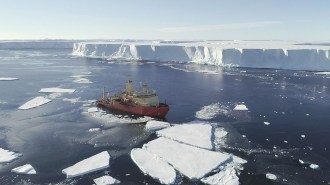 Climate
ClimateNew maps show how warm water may reach Thwaites Glacier’s icy underbelly
New seafloor maps around Thwaites Glacier in Antarctica reveal how deep channels could help warm ocean water melt the glacier from below.
-
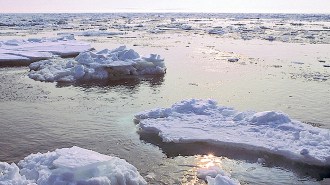 Climate
ClimateBering Sea winter ice shrank to its lowest level in 5,500 years in 2018
Peat cores that record five millennia of climate shifts in the Arctic region suggest recent ice loss is linked to rising carbon dioxide levels.
-
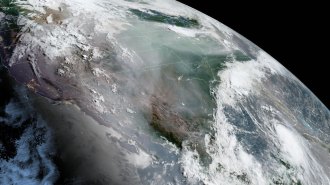 Earth
EarthWhat’s behind August 2020’s extreme weather? Climate change and bad luck
On top of a pandemic, the United States is having an epic weather year — a combination of bad luck and a stage set by a warming climate.
-
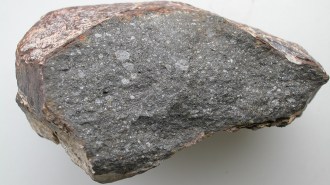 Planetary Science
Planetary ScienceEarth’s building blocks may have had far more water than previously thought
Space rocks and dust from the inner solar system could have delivered enough water to account for all the H2O in the planet’s mantle.
-
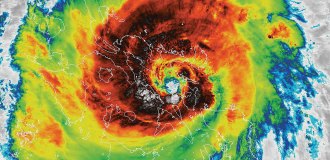 Earth
EarthImproved three-week weather forecasts could save lives from disaster
Meteorologists are pushing to make forecasts good enough to fill the gap between short-term and seasonal.
-
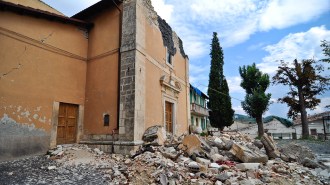 Earth
EarthCarbon dioxide from Earth’s mantle may trigger some Italian earthquakes
In the central Apennines of Italy, spikes in natural carbon dioxide emissions line up with the biggest earthquakes.
-
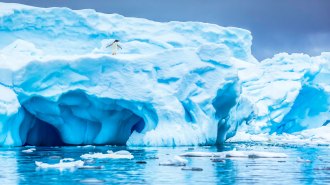 Earth
Earth50 years ago, scientists clocked the speed of Antarctic ice
Today’s instruments offer a more precise view, and reveal the effects of climate change.
-
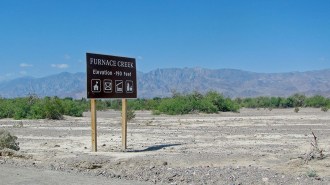 Earth
EarthDeath Valley hits 130° F, the hottest recorded temperature on Earth since 1931
Amid a heat wave in the western United States, California’s Death Valley is back in the record books with the third hottest temperature ever recorded.
-
 Climate
ClimateHurricanes have names. Some climate experts say heat waves should, too
A newly formed international alliance aims to raise awareness about extreme temperatures and protect vulnerable populations.
By Jack J. Lee -
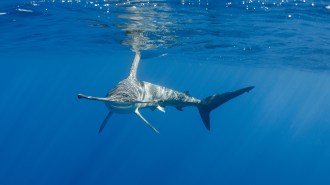 Oceans
OceansSpecies may swim thousands of kilometers to escape ocean heat waves
A new analysis of ocean heat waves shows latitude matters when it comes to how far fish and other sea species must go to find cooler waters.
-
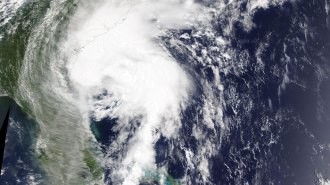 Earth
EarthPredictions for the 2020 Atlantic hurricane season just got worse
Wind patterns and abnormally warm seawater are conspiring to create especially hurricane-friendly conditions in the Atlantic.
-
 Climate
ClimateEmissions dropped during the COVID-19 pandemic. The climate impact won’t last
New estimates suggest coronavirus shutdowns cut global carbon dioxide emissions from fossil fuels by nearly 30 percent, on average.